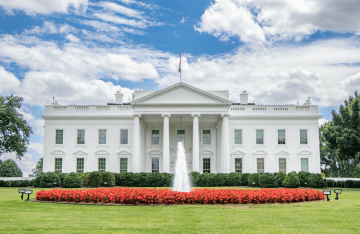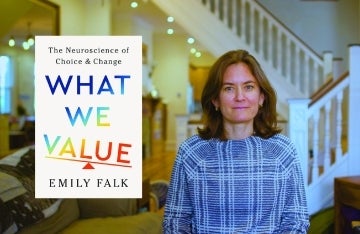Brevity is the Soul of Twitter: 280-Character Limit Makes Twitter More Civil
Professor Yphtach Lelkes analyzed tweets from before and after Twitter implemented the increased character limit.

Photo Credit: Marten Bjork / Unsplash
You’ve probably heard it said before: Twitter is a cesspool. A platform once populated with harmless messages about one’s favorite TV shows or happenings about town, Twitter so often devolves into a hotbed of harassment, bullying, and metaphorical yelling.
Many users thought doubling the platform’s character limit from 140 characters to 280, as Twitter did in November of 2017, could only make matters worse. But a new study from the Annenberg School for Communication at the University of Pennsylvania found the opposite. The research team, led by Professor Yphtach Lelkes, analyzed tweets from before and after Twitter implemented the increased character limit, and concluded that the average quality of conversation improved.
“Message length has always played a big role in social media,” says Lelkes. “SMS apps were originally limited to 140 characters, as was Twitter for many years. Twitter’s increase in character limit offered us an opportunity to conduct a natural experiment and consider how message length impacts quality of conversation online.”
The researchers defined quality as an ideal form of political debate, so they evaluated tweets for clarity, polite language, justification of opinions, and the use of facts or links to more information. They also evaluated whether users were actually exchanging ideas and deliberating, as opposed to issuing conversation-ending slurs.
They found that when people had more space to explain themselves, the overall discourse was more deliberative, polite, and civil. But Lelkes cautions against applying these findings broadly across social media platforms.
“We have to manipulate the technology to be more conducive to quality speech if we want to see a meaningful increase in online dialogue.”
“If everything about Facebook and Twitter were exactly the same except the character limit,” Lelkes says, “we could say Facebook is more civil than Twitter. But there are too many other differences between the platforms to make that assumption.”
Which is why Lelkes and his collaborators have plans to continue studying how to make online discourse more civil. Thanks to a grant from Facebook, the researchers are in the process of developing an experiment that allows them to study a number of affordances of technology, or how different aspects of technology lend themselves to different types of conversation or action.
The team is creating a mock social media app, in which they’ll consider things like message length, anonymity and social identity, hashtag usage, and permanence of posts. Understanding how these different aspects of social media platforms impact people’s behavior is, in Lelkes’ opinion, the best way to improve online discourse.
“Kicking people off of social media platforms just doesn’t work,” Lelkes says. “Other people who consider themselves aligned with that person create problems on the platform, and it’s also really easy for the person to create another profile and resume the behavior that got them kicked off in the first place. We have to manipulate the technology to be more conducive to quality speech if we want to see a meaningful increase in online dialogue.”
Published in the Journal of Communication, “Brevity is the Soul of Twitter: The Constraint Affordance and Political Discussion” is available to view here. In addition to Lelkes, authors include Kokil Jaidka, Nanyang Technological University, and Annenberg School doctoral student Alvin Zhou.



